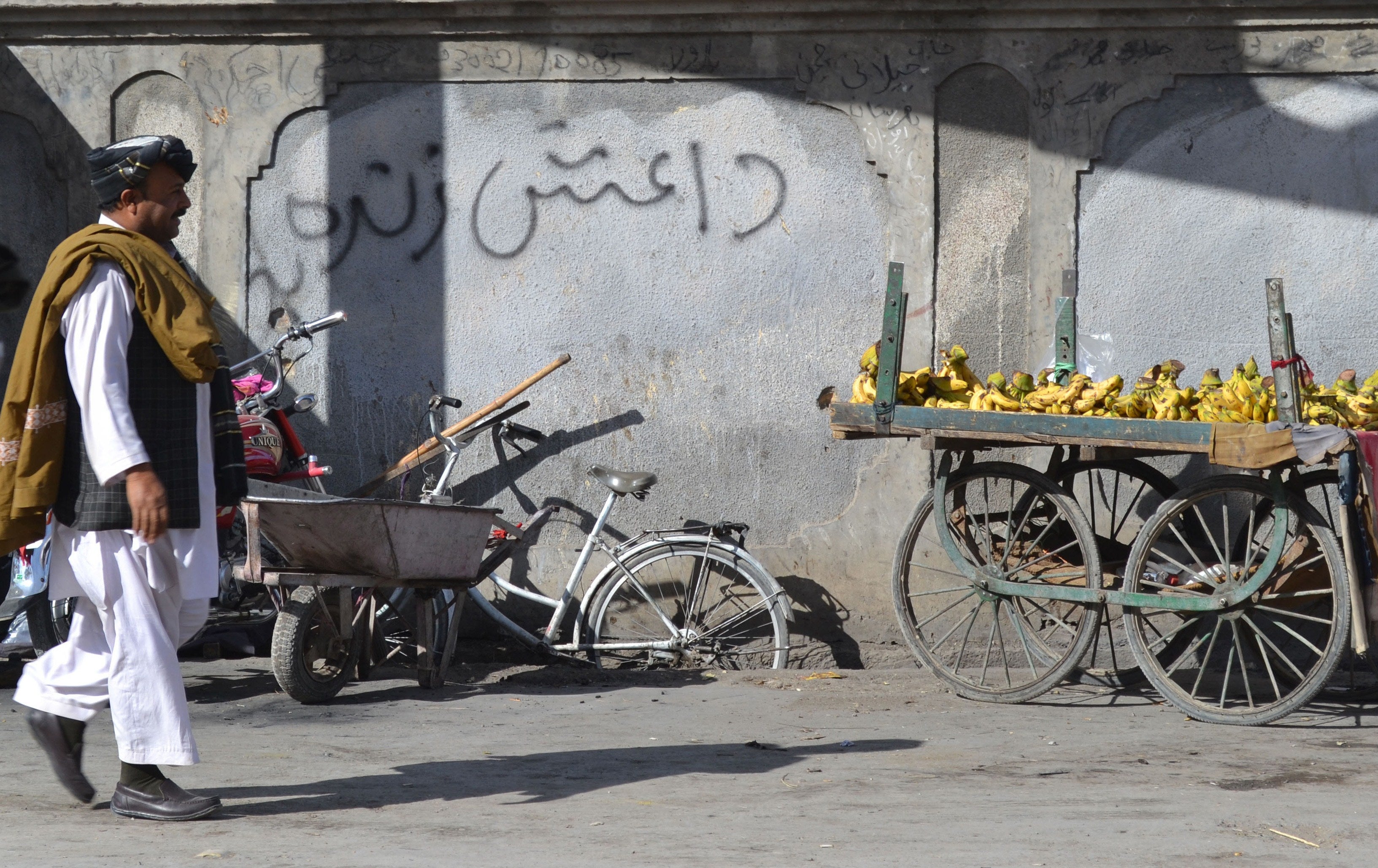Isis is still alive and a menace, even though we’re not paying attention
A resurgence of Isis, or some version of it, is almost inevitable given the deep failures of many governments in the Middle East, Africa and Asia, writes Borzou Daragahi


In the days before New Year’s Eve festivities began, Turkey’s security forces announced the arrests of some three dozen suspected Isis operatives scattered in safehouses across the country.
Turkey wasn’t alone in confronting Isis. In neighbouring Iraq, the military killed at least 22 Isis fighters in ground operations and airstrikes in central, northern and western regions of the country in the last 11 days of 2021, just after the jihadi group claimed responsibility for a series of roadside bomb attacks.
Despite the “defeat” of Isis being declared by the then US president Donald Trump more than three years ago, the jihadi group launched 342 attacks in northern Syria alone in 2021 – almost an attack a day – according to the Syrian Observatory for Human Rights.
Although its founder, Abu Bakr al-Baghdadi, is dead, and Isis is a shell of its former self, security experts are nervously warning about a re-emergence of the group in the Middle East and beyond. A resurgence of Isis, or some version of it, is almost inevitable, given the deep failures of many governments in the Middle East, Africa and Asia.
“While Isis’s so-called physical caliphate has crumbled, it remains a determined and dangerous enemy,” John T Godfrey, US special envoy for the war against Isis, told reporters in December.
It is a testament both to our short attention spans and to the many crises that followed the years-long war against Isis – and the security and political failures that spawned it – that many have all but forgotten about the jihadi group that seized control over an enormous stretch of the Middle East for several years. But it remains a menace in sub-Saharan Africa, and in southern and eastern Asia, where it has taken root in recent years – away from its core in the Middle East and Levant, where it was born, and supposedly defeated.
The geographical scope of the group continues to broaden. Isis’s affiliate in Afghanistan remains the single largest threat to the security of the country, now that the Taliban have taken over. Its branch in Egypt’s Sinai launches attacks nearly every three days. Moroccan forces foiled an Isis plot just two weeks ago. And the group’s adherents in Mozambique have all but ignited a civil war in the country’s north.
“Since 2017, when the Islamic State lost its so-called caliphate in the Middle East, Africa has suffered some of the world’s most ferocious battles between states and jihadis,” said a report last week by the Crisis Group. “Islamist militancy on the continent is nothing new, but revolts linked to the Islamic State and al-Qaeda have surged in recent years.”
Efforts to fight the network vary in scope. In Turkey, the fight is mostly led by law enforcement. The raids last week were conducted in the southern city of Gaziantep, a hub of western aid to Syria, and Sanliurfa, to the east, as well as Kirikkale, 50 miles east of the capital, Ankara, and Samsun, along the Black Sea.
With tens of thousands of international tourists – some of whom come from the United Kingdom and the rest of Europe – flooding into Turkey for the holidays, authorities in Ankara are understandably nervous. They still remember the horrific Isis attack on the Reina nightclub in the early hours of 1 January 2017, which killed 39 people and wounded 79.
Meanwhile, in Iraq, full-scale military operations against Isis continue, and the jihadi group shows no sign of relenting. In recent days, it has launched numerous roadside bomb attacks targeting military convoys in the Hamrin mountain area of north central Iraq.
To keep up to speed with all the latest opinions and comment sign up to our free weekly Voices Dispatches newsletter by clicking here
In Syria, Isis has launched attacks on Deir al-Zour, Hasaka, Raqqa and Aleppo, killing 228 people in 2021. Working with the US special forces still in Syria, the Kurdish-led Syrian Democratic Forces militias detained more than 800 suspects. In mid-December, two UK RAF Typhoons patrolling the border over Syria and Iraq shot down a suspected Isis drone flying towards allied troops.
“We’re committed to maintaining our military presence in Syria because Isis remains a serious problem, and the risk of resurgence of Isis is there,” a senior US official told reporters in a conference call on 17 December.
Challenging Isis militarily seems to be about the only way governments are fighting the group. But it is a sticking plaster. No amount of firepower, and no number of spies or unmanned drones, will be enough to get rid of militant groups like Isis, which feed off the failures in governance and human rights in affected countries.
The dysfunctions and gaping social and political cracks in places like Iraq and Syria, which Isis has exploited to gain a major foothold in the world, remain – and have, in some ways, worsened.






Join our commenting forum
Join thought-provoking conversations, follow other Independent readers and see their replies
Comments